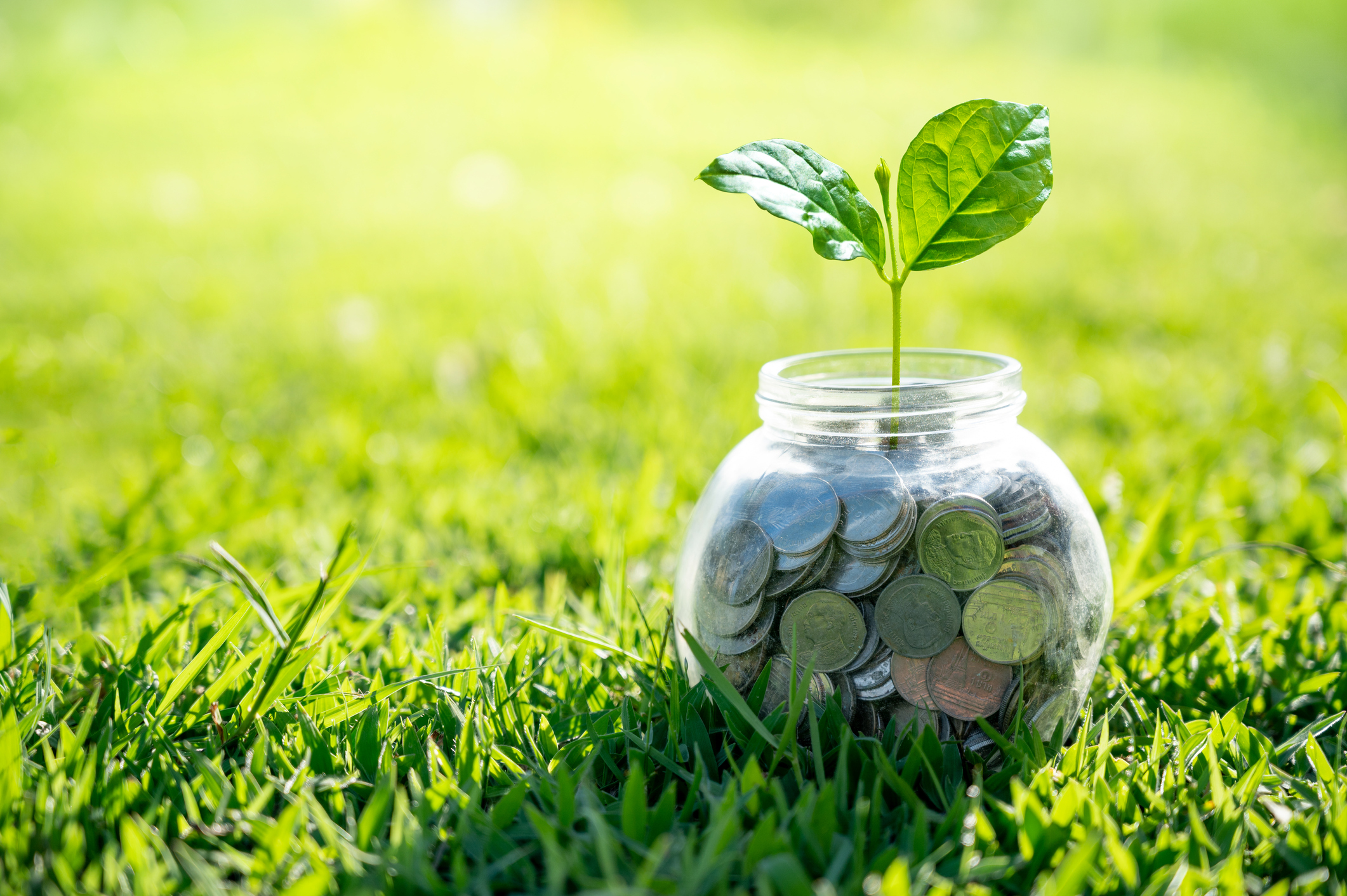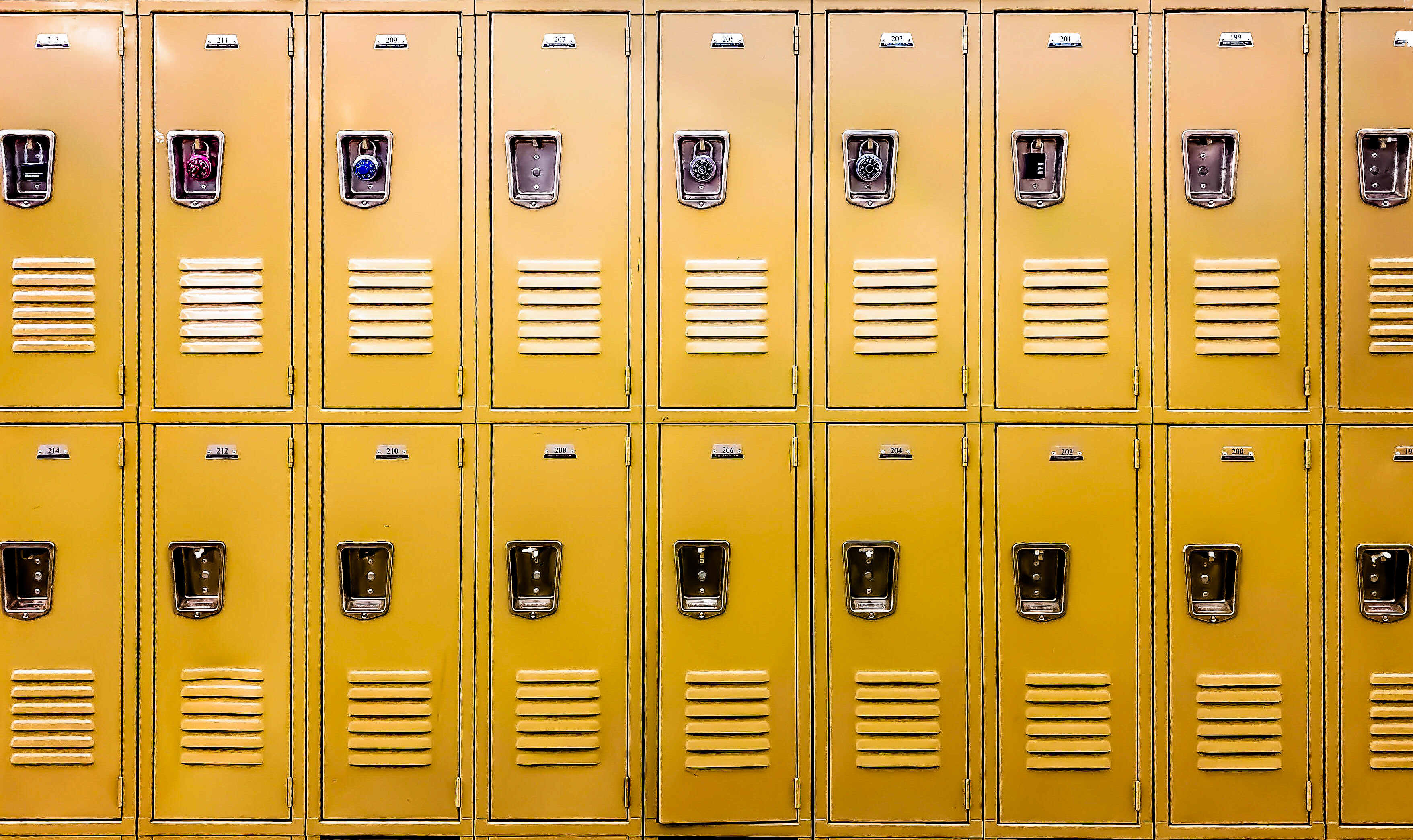The Connecticut Audubon Society recently released its annual State of the Birds report. This year's research was focused on the ongoing pandemic and the impact on our local bird populations.
When the state shut down in March, people flocked to the outdoors. And while beach restrictions did help protect some species, one federally endangered species saw its lowest productivity in decades.
The pandemic's impact on our local birds was twofold. Our local beaches saw a rapid spike in visitors.
"When you looked at the beach in March and April it looked a lot more like July,” Scott Kruitbosch, volunteer coordinator for the Audubon Alliance for Coastal Waterbirds, said.
That led to more littering and wear and tear on state parks.
"It put a lot (of) pressure on all of our nesting waterbirds right at the critical part of the season," he said.
And COVID-19 restrictions prohibited volunteers from the Audubon Alliance for Coastal Waterbirds from doing critical work to protect nesting birds.
"We normally set up exposures for Piping Plovers in order to protect against primarily predation,” Kruitbosch said. “Whether it's a fox or a cat or folks who are getting too close. And we couldn't do that. And that led to a lot of early-season nesting losses."
More losses than Connecticut has seen since 1993.
But thankfully, scientists are hopeful that the species will recover quickly next year. And amid a difficult season for some species, there were silver linings.
"There were some bright spots in terms of coastal waterbirds,” Patrick Comins, executive director of the Connecticut Audubon Society, said. “Least Tern birds had their best nest year in about 15 years. Black skimmers nested in Connecticut for the first time in 15 years."
It also allowed scientists to slow down.
“Maybe get out in the field when they wouldn't otherwise have been able to get out in the field,” Comins said. “And in some cases, because they couldn't have their assistants out in the field, to sit back and analyze the data more closely."
And if this year proved anything, it’s that volunteers are the backbone to the success of our local bird species.
"This year I think underscored how important it is that that work is done every year by staff and volunteers," Kruitbosch said.
Comins added, "We do know that these birds had a better season than they would have if it weren't for our efforts."
If you’re interested in becoming a volunteer with the 2021 Audubon Alliance for Coastal Waterbirds, just email ctwaterbirds@gmail.com.
Stories from LX News
LX, or Local X stands, for the exponential possibilities of storytelling in our communities.




